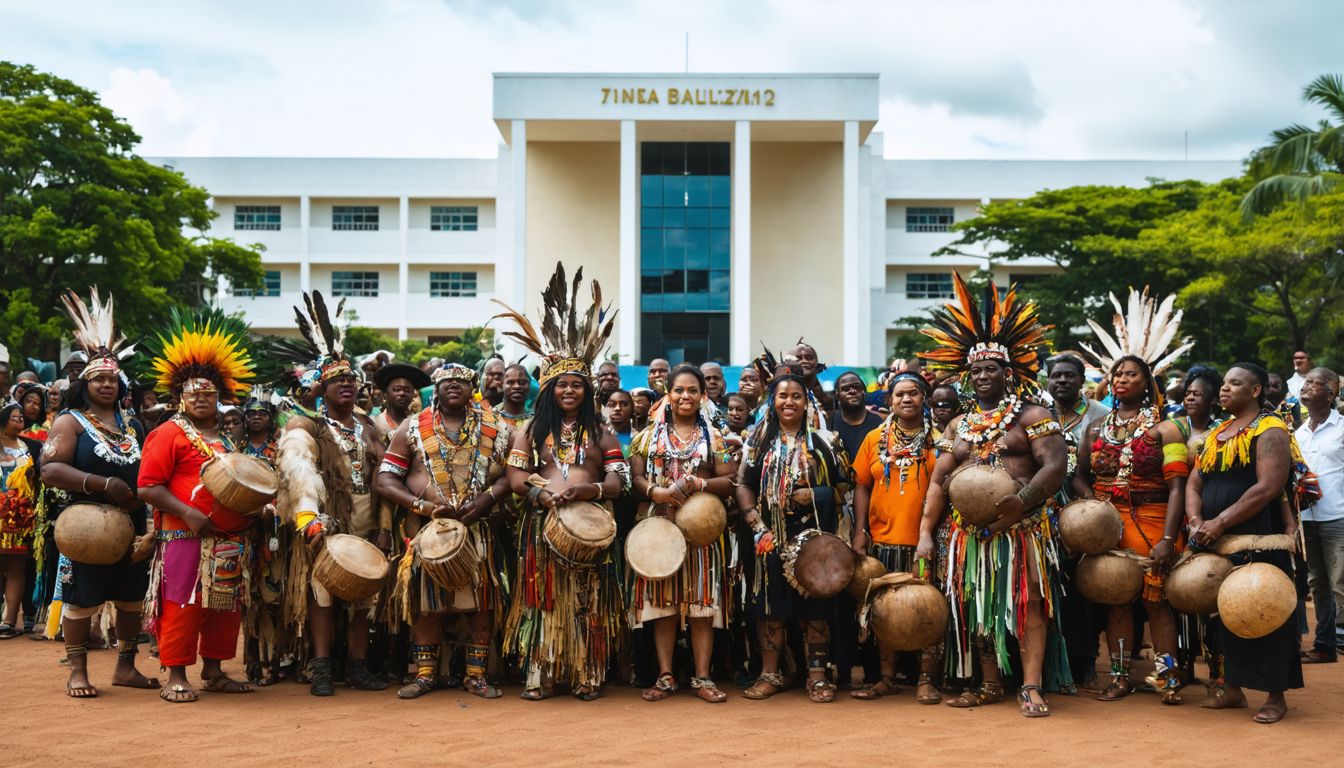Politics USA
Brazil Expands Affirmative Action: New Law Increases Government Job Quotas for Blacks, Indigenous, and Afro-Brazilians

Brazil’s President Luiz Inácio Lula da Silva has signed a new law expanding the country’s affirmative action policies. The law increases the quota for government jobs reserved for Blacks from 20% to 30% and includes Indigenous people and descendants of Afro-Brazilian enslaved people as beneficiaries. These changes apply to candidates for permanent and public employment positions across Brazil’s federal administration, agencies, public foundations, public companies, and state-run mixed-capital companies. The quota will be revised in 2035.
Lula emphasized the importance of reflecting Brazil’s diverse society in public offices, noting the underrepresentation of women, Black people, and Indigenous individuals. Brazil’s first law on racial quotas for government jobs was approved in 2014 by then-President Dilma Rousseff, extending an affirmative action policy already in place for state-run universities.
The government reported that Blacks and mixed-race people held 25% of top government jobs in 2014, a figure that rose to 36% in 2024. However, Black people remain underrepresented in public service and often hold lower-wage positions. Management and Innovation Minister Esther Dweck highlighted the need for the new law due to the low number of new government jobs opened for candidates in the last decade.
Brazil’s population is 55% Black or mixed-race, with over 70% of those living below the poverty line belonging to these ethnicities. Only 1% of people from these ethnicities hold leadership positions in the private sector.
